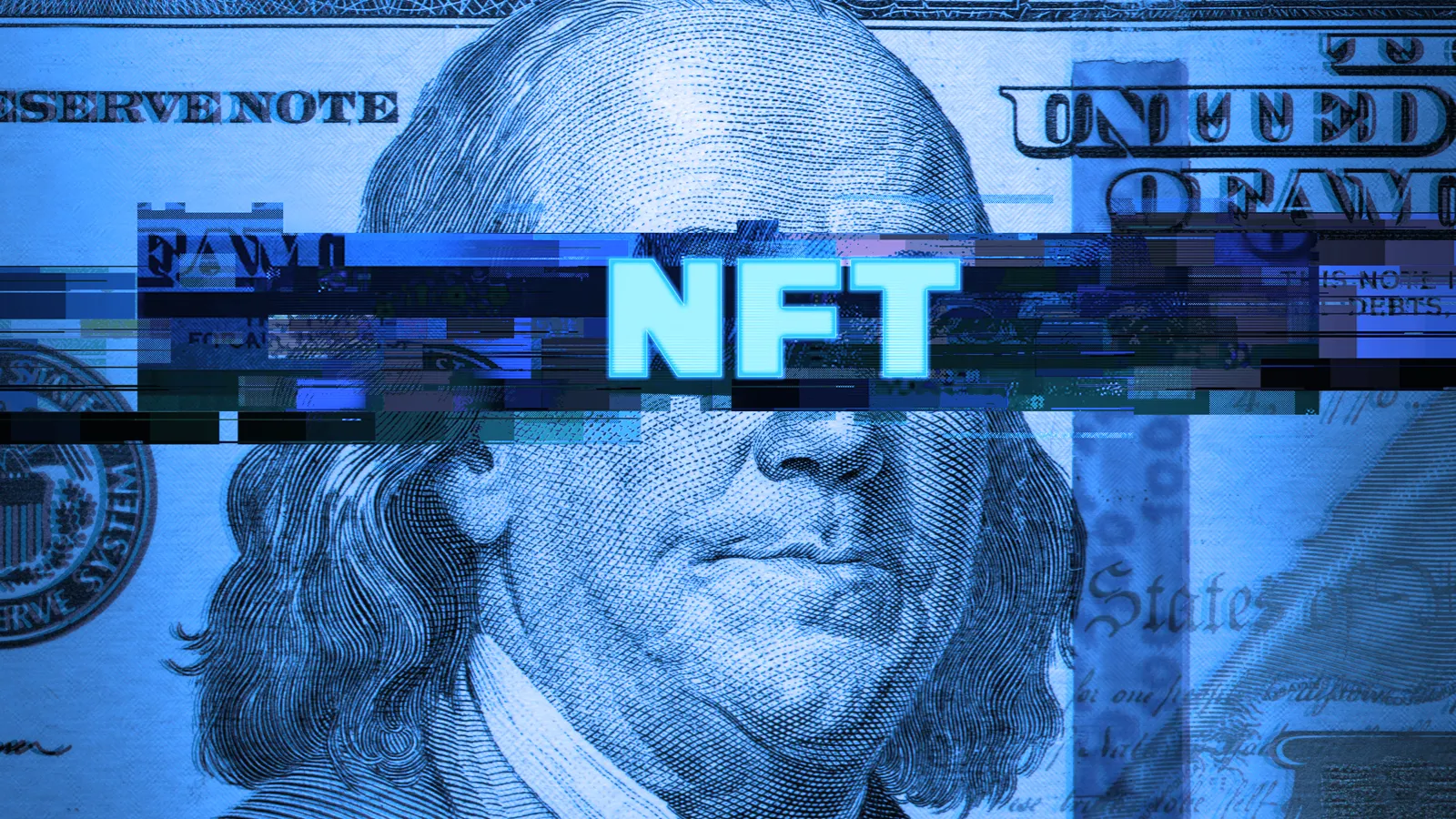Chainalysis—a blockchain analytics platform—has found “significant” evidence of wash trading and money laundering in the emerging NFT market.
“As is the case with any new technology, NFTs offer potential for abuse. It’s important that as our industry considers all the ways this new asset class can change how we link the blockchain to the physical world, we also build products that make NFT investment as safe and secure as possible,” Chainalysis said in a report.
In basic terms, wash trading is a form of market manipulation where one investor simultaneously sells and buys the same asset to create false and misleading activity in a marketplace.
An NFT holder can “sell” his or her NFT to another wallet they also control, making the NFT appear more valuable than it otherwise would be.
NFT and wash trading
Chainalysis tracked wash trading by analyzing sales of NFTs to addresses that were “self-financed”—in other words, sales that were funded either by the selling address, or the address that initially funded the selling address.
This method yielded results that revealed hundreds of wash trades. One user—the most prolific wash trader Chainalysis identified—was found to have made 830 sales to addresses they have self-financed.
“We identified 262 users who have sold an NFT to a self-financed address more than 25 times,” Chainalysis said.
A total of 110 of these users have collectively made nearly $8.9 million in profit from this activity.
Chainalysis believes these funds are “most likely derived from sales to unsuspecting buyers who believe the NFT they’re purchasing has been growing in value, sold from one distinct collector to another.”
While the blockchain analytics company admits it cannot be “100% sure” that all instances of NFT sales to self-financed wallets are intended for wash trading, the “25-transaction threshold gives us a high degree of confidence that these users are habitual wash traders.”
What’s more, Chainalysis’ data only captures trades made in Ethereum and Wrapped Ethereum (an ERC-20 token that mirrors the price of Ethereum). “There’s likely wash trading activity we’re not considering,” Chainalysis added.
Money laundering concerns
Chainalysis reports that value sent to marketplaces by illicit addresses “jumped significantly” in Q3 2021, and grew again to almost $1.4 million in Q4 2021.
Among this illicit value, Q4 2021 saw approximately $284,000 worth of cryptocurrency sent to NFT marketplaces from addresses with sanctions risk.
This, Chainalysis found, was due to transfers from crypto exchange Chatex, which is listed on the U.S. Office of Foreign Assets Control’s Specially Designated Nationals list.
These findings come amid the $8.6 billion worth of cryptocurrency-based money laundering Chainalysis tracked in 2021.
“Money laundering, and in particular transfers from sanctioned cryptocurrency businesses, represents a large risk to building trust in NFTs, and should be monitored more closely by marketplaces, regulators, and law enforcement,” Chainalysis said.
Other NFT concerns
This is not the first time the burgeoning market has been associated with illicit activity.
LooksRare, an Ethereum-based NFT platform, has reportedly also become a prominent location for wash trading.
Earlier this month, LooksRare was posting higher trading numbers than OpenSea—the industry’s most-popular NFT marketplace—but the platform has seen numerous NFT trades going back and forth between the same two wallets.
At the time, the NFT marketplace didn’t seem to care, retweeting a thread in which one collector said wash trading is happening “by design…probably,” calling it “genius.”
It retweeted the same thread a second time, adding the word “discuss.”
Decrypt reached out to LooksRare but did not receive a response.
Art and illicit activity
Illicit activity-and money laundering in particular—have long plagued the traditional art world, and some experts have long been warning that NFTs could exacerbate this issue.
Gabriel Hidalgo, managing director at K2 Integrity, previously told Decrypt the “lack of customer KYC on some NFT marketplaces creates pathways to circumvent identification.”
The London Metropolitan Police’s Arts and Antiques Unit also previously told Decrypt they were “very much aware” of the risks surrounding NFTs.
“We know that the anonymity of blockchains allows ultimate beneficial owners to conceal their identity,” said one member of the Art and Antiques Unit.
“It is also possible that the exchange of NFTs between users could constitute money laundering in the form of layering or integration.”

